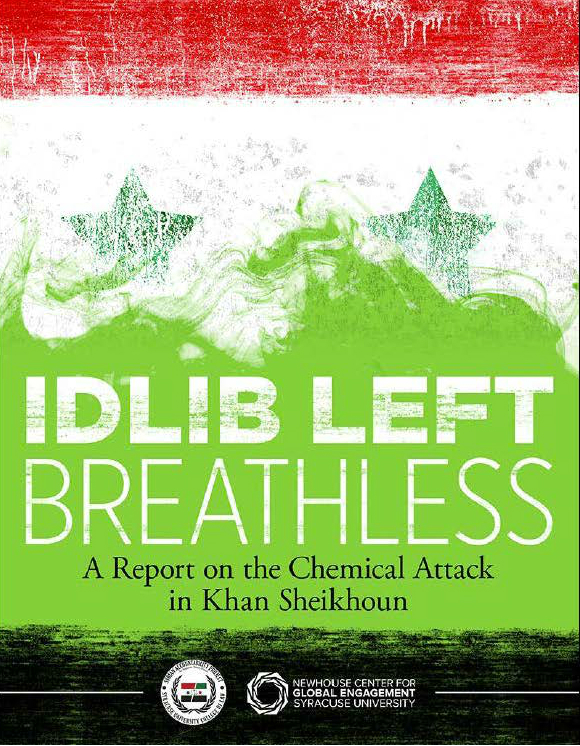Partnership With Sony Electronics to Bring Leading-Edge Tech to Help Ready Students for Career Success
Sony Electronics is partnering with the S.I. Newhouse School of Public Communications to provide state-of-the-art equipment, hands-on training and world-class industry expertise as part of a collaboration that will prepare students for careers in media, entertainment and visual communications. The…


 The paper details the April 4, 2017, attack that killed at least 87 people and injured more than 500. The paper offers compelling evidence that the gas used in the attack was the nerve agent sarin, one of the most potent and fast-acting chemical weapons, banned under international law ever since the 1993 Chemical Weapons Convention.
The paper details the April 4, 2017, attack that killed at least 87 people and injured more than 500. The paper offers compelling evidence that the gas used in the attack was the nerve agent sarin, one of the most potent and fast-acting chemical weapons, banned under international law ever since the 1993 Chemical Weapons Convention.